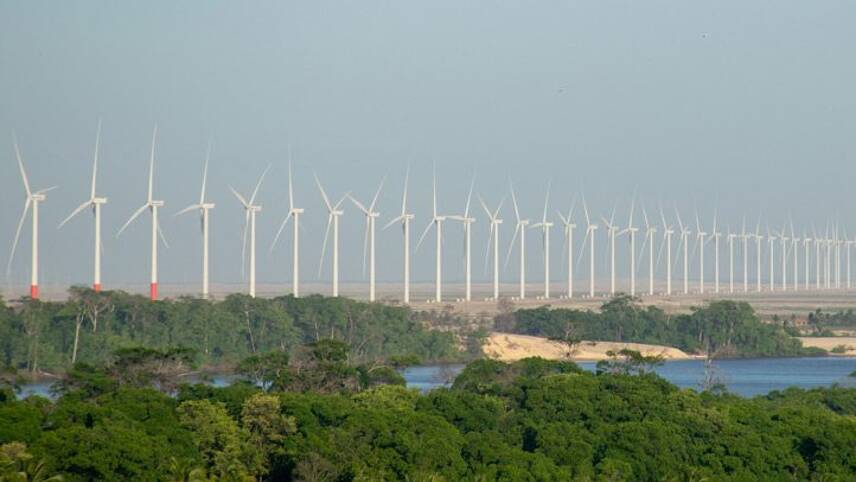Register for free and continue reading
Join our growing army of changemakers and get unlimited access to our premium content

Last October
This story was updated to include the complaint from Global Witness, having originally focused on the £2bn clean growth allocation.
The Government’s export credit agency’s funding allocations was doubled to more than £8bn, with a quarter of that allocated to funding clean growth projects. The £2bn direct lending increase was first announced in the 2018 Autumn budget and has just now been made available.
UKEF provides overseas buyers of UK goods and services with financing support and will use the £2bn funding pot to help economies shift away from fossil fuel towards low-carbon solutions.
However, international NGO Global Witness has since accused the government body of breaching international spending guidelines in a complaint to the Organisation for Economic Cooperation and Development (OECD).
The NGO argues that UKEF is providing multi-million-pound investments for overseas fossil fuel projects, despite the UK enshrining a national net-zero target into law.
According to the Guardian, UKEF financial offers include a £734m support fund for the Duqm oil refinery project in Oman, financing worth £248m for oil exploration in Brazil, £171m for an oil refinery in Kuwait, and several hundred million for power projects in Iraq.
Last October, the Government rejected a string of recommendations from MPs aimed at decarbonising UKEF’s portfolio.
Following its recent inquiry into UKEF’s environmental impact, the Environmental Audit Committee (EAC) concluded that 96% of the £2.6bn spent by the body to support energy exports abroad between 2013 and 2018 was funnelled into fossil fuel projects, mostly in developing nations.
Experts told the EAC that this financing risks “locking” low-income nations “into high-carbon dependency” for years to come, by removing financial risks from fossil fuel projects. After reflecting on this evidence, the Committee argued that UKEF’s work could be jeopardising the UK’s ability to meet its Paris Agreement contributions – and, indeed, the ability of global energy systems to transform at a pace necessary to mitigate the worst impacts of climate change.
However, UKEF has confirmed that it provided £230m of project finance guarantees for an offshore windfarm in Taiwan and £47m facility for two solar plants in Spain, securing export opportunities for the UK renewable sector in the process.
UKEF isn’t the only area of Government facing scrutiny for overseas practices that are in direct conflict with the national net-zero target.
The recent UK-Africa summit was around £2bn in energy deals agreed between the UK’s Department for International Development (DFID) and countries including Egypt, Ethiopia, Ghana, Kenya and Uganda. However, it has been revealed that 90% were for fossil fuels.
UKEF has revealed that a further £1bn of direct lending capacity from the £8bn pot will be allocated to defence and security projects, while £500,000 will be used to support businesses based in Scotland and the North of England.
UKEF’s chief executive Louis Taylor said: “Enhancing direct lending and other world-leading support available from UK Export Finance will encourage overseas companies to source from the UK and help exporters across the country succeed abroad. This is a huge increase to our capacity to support UK exports.”
Matt Mace


Please login or Register to leave a comment.